Different Wine World
Rising Star Sommelier Jaimie Puckett checked in with three fellow rockstar wine professionals to see how they're navigating the COVID crisis and planning for an uncertain future.
Sommelier Jaimie Puckett, Formerly of Bar Boulud, Boston
Our industry changed overnight in Boston. Governor Charlie Baker’s announcement on March 17th that all dine-in restaurants would close, sparked an urgent, cacophonous conversation among sommeliers in the city. Some were terminated immediately, others would eventually be laid off or furloughed. With Boston’s already small wine-service workforce, sommeliers were coming to a consensus—or dreadful realization—that this could be a “death sentence” for the restaurant sommelier as we know it.
illustrations: becki kozel
“While my business card still reads ‘Big Heart Hospitality Wine Director,’” says Sommelier Charlie Gaeta, “I now refer to myself and the rest of my colleagues as Restaurant Workers. There is literally not one job that my team and I will not do to help save our beloved restaurants. I’ve swapped the fancy wine key for a mop and the suit for shorts and Nike's. My role now requires hard work, empathy, creativity, and positivity.”
Although many restaurant workers are happy, if apprehensive, to see guests return to patios (some even indoors starting late July), the reality of service is drastically different. Patrons may be greeted by masked and gloved staff who will take their temperatures before allowing them to take a seat. Some will be turned away. Rather than being presented with a traditional menu, they’re likely to view a digital menu on their phones. And even though restaurant workers are going above and beyond to adhere to the new regulations and guidelines, it still may not be enough to drive people to the door in the first place. But as any floor somm worth their lees knows, the profession requires you to think on your feet and be creative. With fewer or no guests to serve, sommeliers are finding ways to bring wine to the people.
In March, soon after restaurants were limited to takeout, Governor Baker passed a municipal relief bill allowing takeaway for wine and beer—with restrictions. The subsequent sales pale in comparison to retail, but consumers are still very much interested in guzzling wine. Forward-thinking industry leaders like Gaeta, are taking fun, innovative approaches to selling bottles.
“At Fool's Errand, we started a pop-up wine shop on Wednesdays. We’re selling off a lot of our French wine allocations at retail pricing: old Muscadet, Corsican whites and reds, lots of Gamay, Champagne, and Burgundy. It has been amazing to see the support from the industry and the Fenway neighborhood. We doubled down and now our Pastry Chef, Deanne Steffen Chinn, offers desserts through the Fool's window. We’re calling it ’Ice Cream Social...Distancing!’”
Gaeta, like many other wine professionals, has taken to social media to highlight these and other solutions to newfound challenges. “We’re on a very conservative spending hold right now, so I’m getting creative with how to maintain a by-the-glass program by pulling some really cool stuff from our cellar at Orfano,” he says. “This weekend, we had to 86 a few BTG's, so I reached for some aged Soave and aged Cirò Classico Rosso. It's been fun pouring those types of wines for our guests.” Promoting bottle shots of these juicy gems from the patio at Orfano helps bring in additional guests at a time when Fenway has lost a lot of foot traffic.
“I’ve also have taken what was a pretty formal and classically formatted list and made it more casual, fun, and user-friendly,” Gaeta says. “I ditched listing wines regionally or geographically. At Tiger Mama, we dove into our allocations that we were sitting on and released a lot of our old Riesling, the quintessential pairing for the food there. The menu, like Orfano, reads more patio-ready.”
For the furloughed sommelier, social media has also become an invaluable tool. Features like Instagram Live provide a platform for wine professionals to address any and all wine industry concerns, together. Conversation topics are limitless, and the option to host a “live chat” with a co-host from anywhere around the world is particularly useful. Far flung winemakers who can’t make their usual visits to markets to taste with somms, are making themselves available to connect digitally and speak to what’s happening in their vineyards. Bringing these conversations to a public platform allows non-industry wine consumers to engage and ask questions—offering a little taste of our former lives.
On June 6, Massachusetts entered Phase II of its reopening plan, allowing for the licensed, on-premise consumption of alcohol to commence with outdoor, seated service—provided food is prepared on-site and the establishment has a retail food permit. This was essential for wine-centric businesses like Haley Fortier’s Haley.Henry and Nathálie wine bar. After a six-week closure, those spots were able to open for patio service. (Nathálie opened on the sidewalk after difficulties receiving patio permissions from both the building and the city previously.) Fortier, the owner/operator of the two wine bars, is leading her teams through uncharted territory by, “being as smart as we can about the resources we currently have while we’re fighting for survival with our landlords and vendors,” she says, remaining optimistic in the face of mounting obstacles.
It seems most neighboring businesses to bars and restaurants have been flexible and accommodating in regards to ad hoc patio dining. Eataly Boston has expanded their patio more than in previous years, moving onto the sidewalk of the now quiet Boylston Street. Other nearby restaurants have chosen to remain closed, even for al fresco dining. Outdoor dining has proven to be a good solution for the summer months, but the future of restaurants seems unclear come fall, when it will be too cold to dine outside. Though Phase 3 has allowed minimal indoor table service to resume, Phase 4 won’t begin until there's some kind of vaccine or treatment for COVID-19.
As Post 390’s doors remain closed, Wine Director Dustin Cutler looks ahead. “The scariest part for me is not the interim of being laid off, but the ‘new reality’ of what beverage programs will be,” says Cutler. “I imagine there’ll be many restaurants that are forced to rebrand themselves, to be more simple and more profitable, and understandably so. But the beverage programs that follow those rebrandings are going to require much less creativity and passion. I hope that the next few years of only focusing on dollars and cents does not discourage the next generation of sommeliers from following their dreams.”
Gaeta also has hope—mixed with a healthy dose of reality: “I’m not going to sugarcoat it. This is probably the hardest thing we’ve ever experienced as an industry. People a lot smarter than me don’t have answers. All I can do is work my absolute hardest. We have this internal hashtag at Big Heart, #thehospitalityneverstops. I don't think it has ever felt more true.”





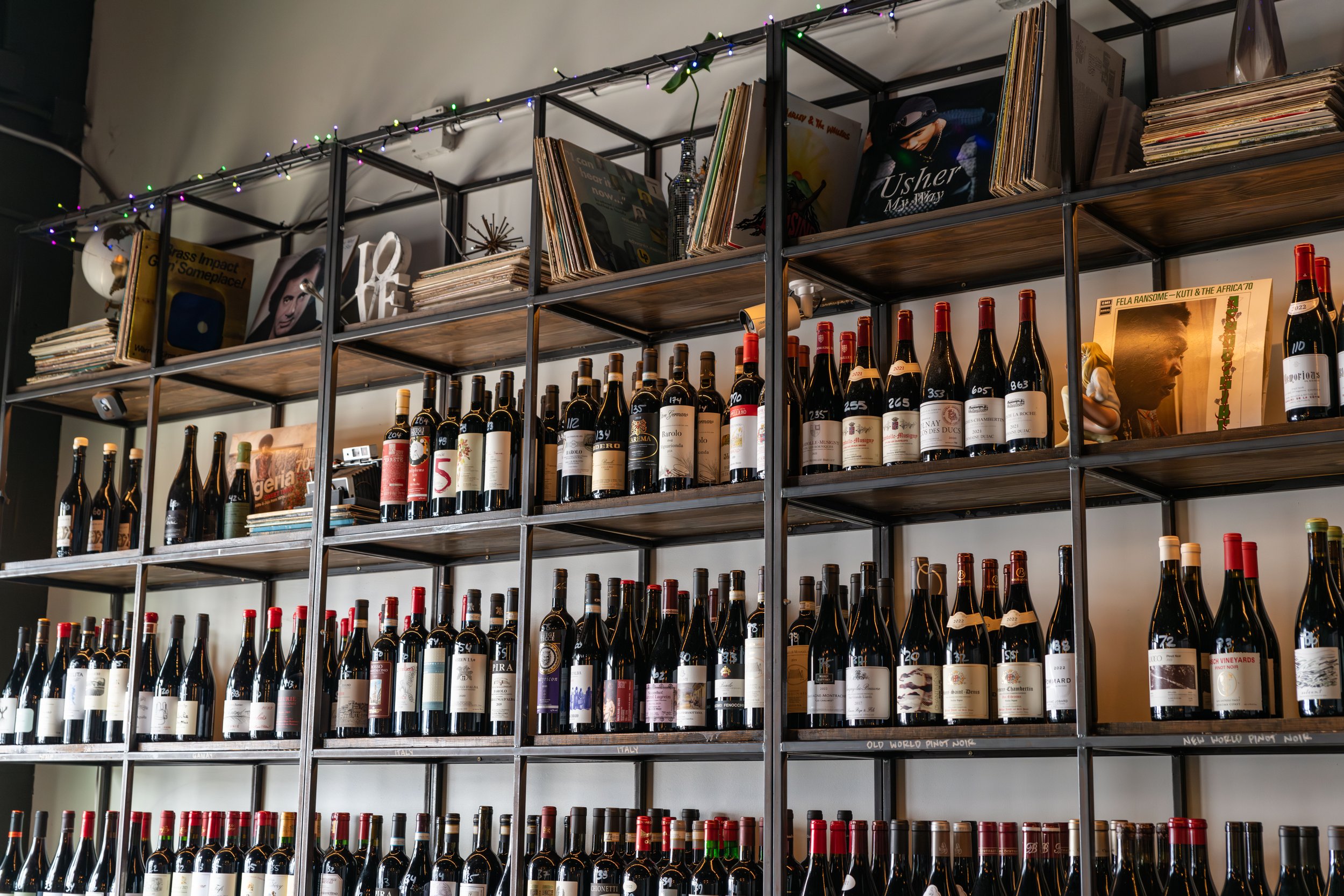
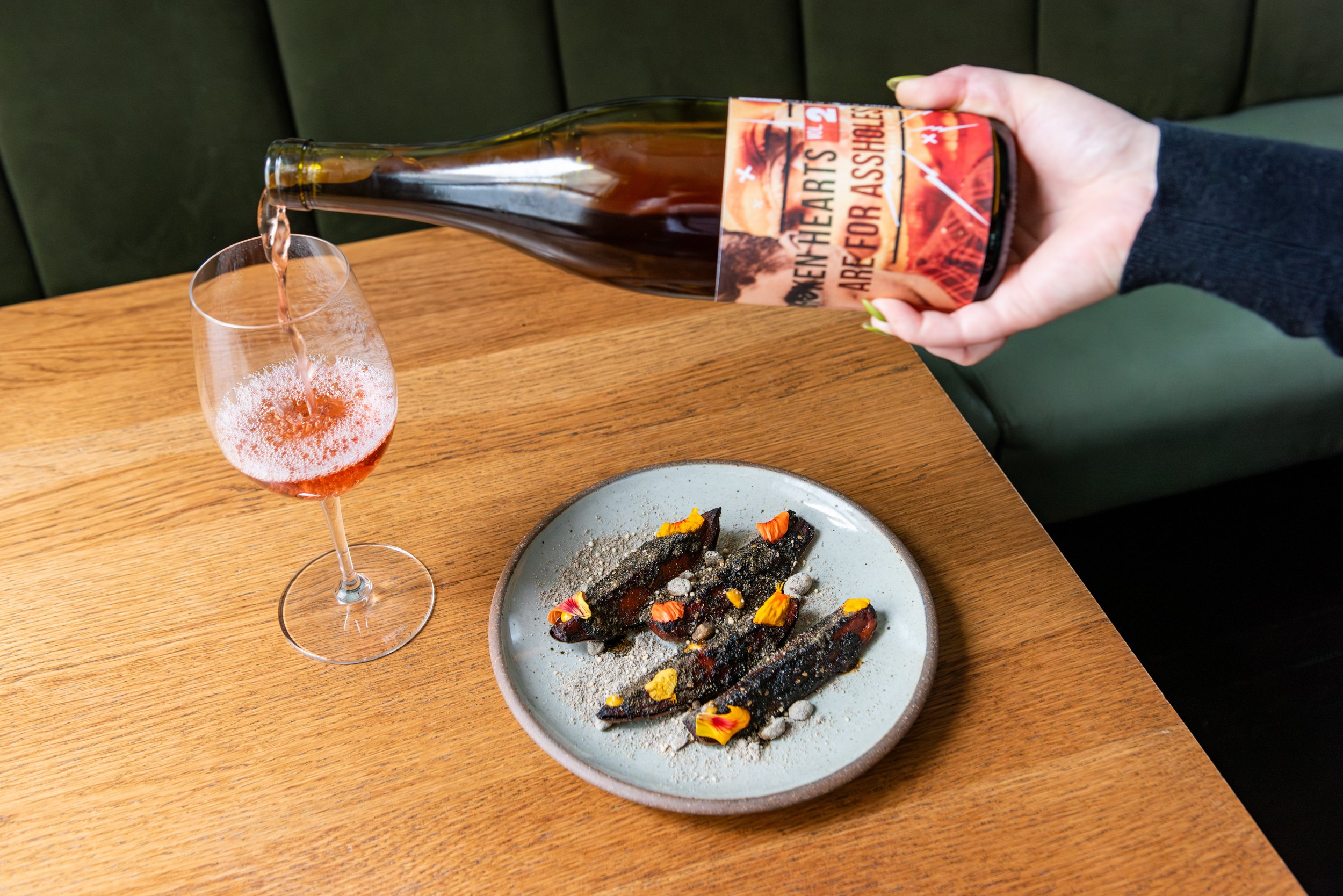
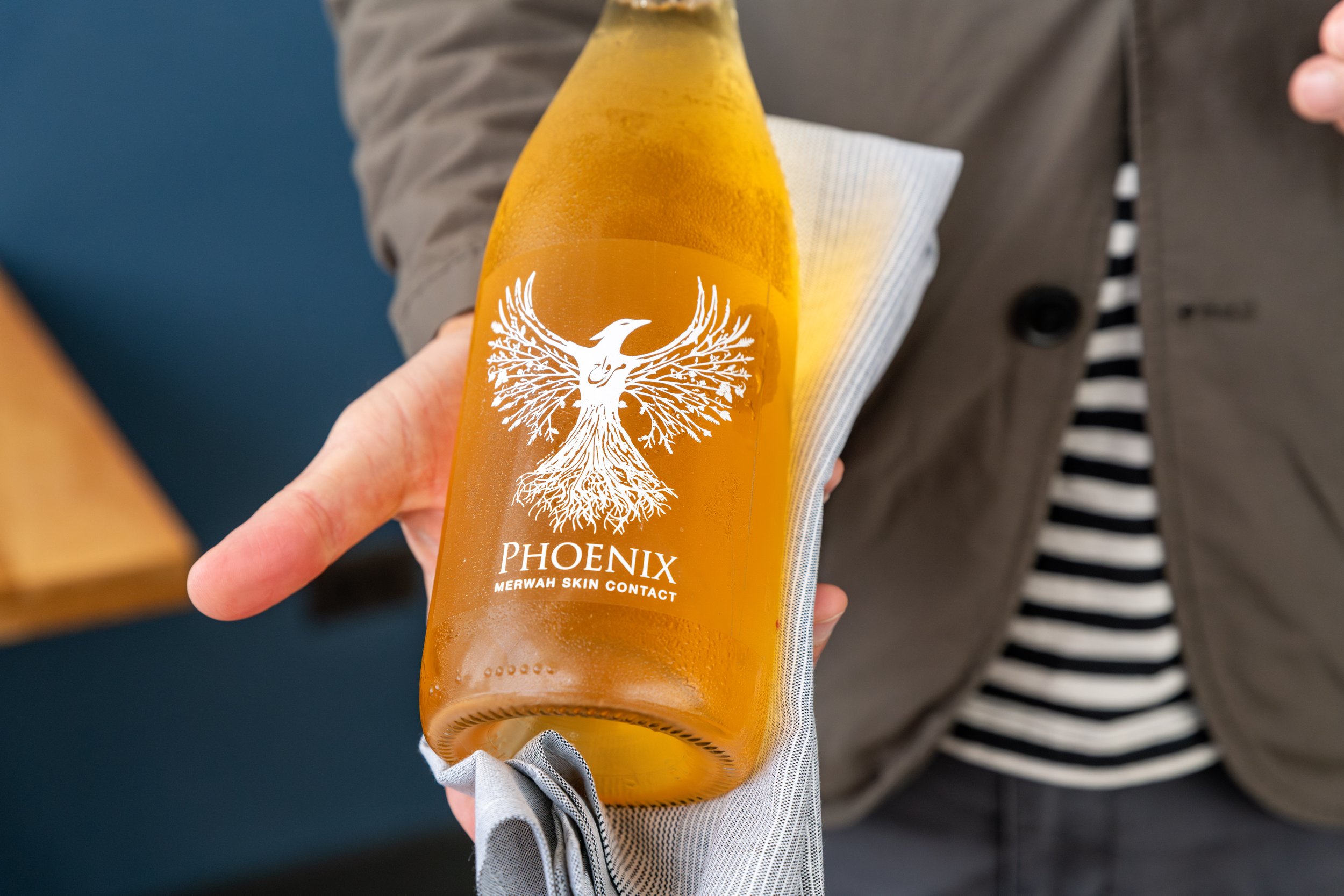
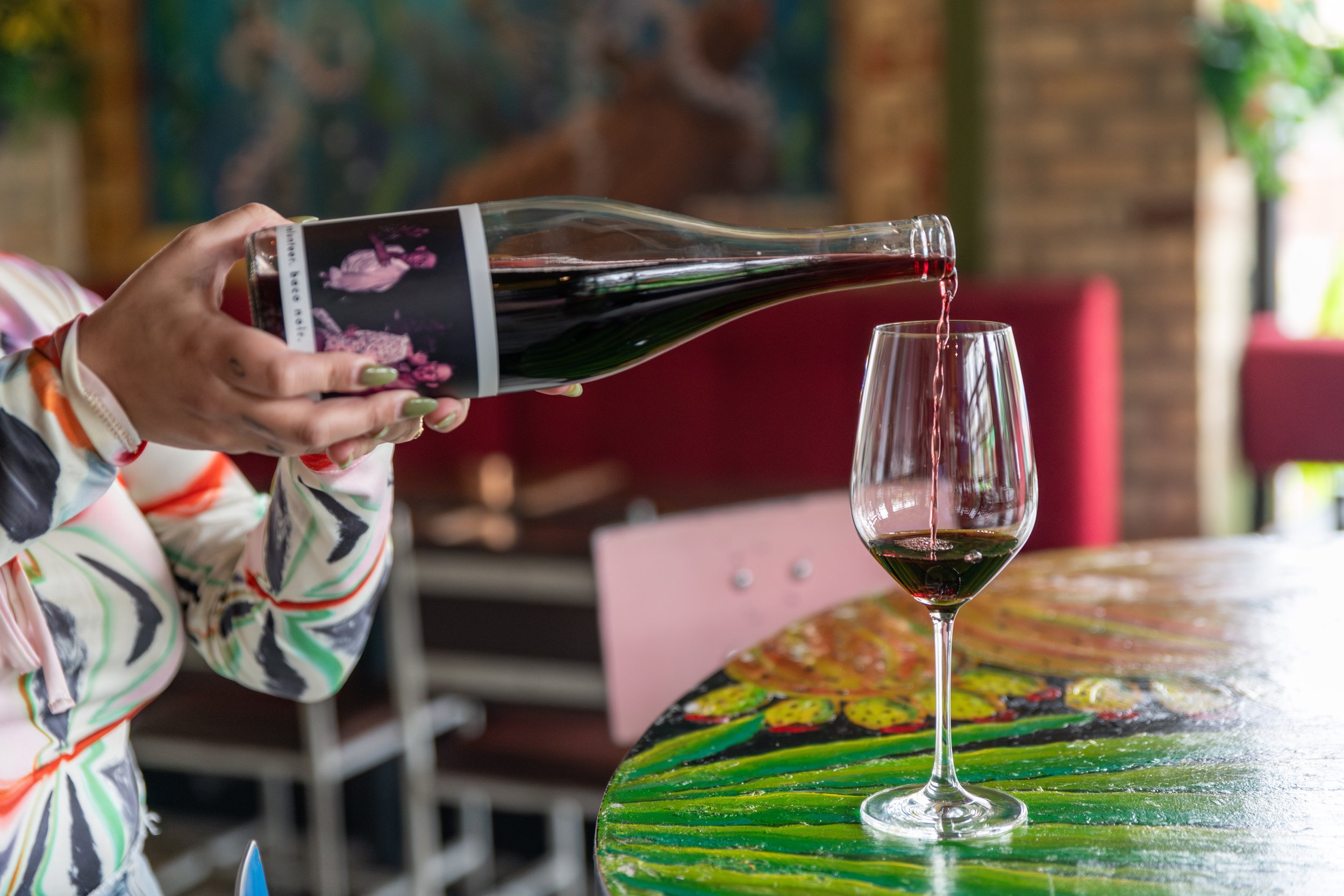
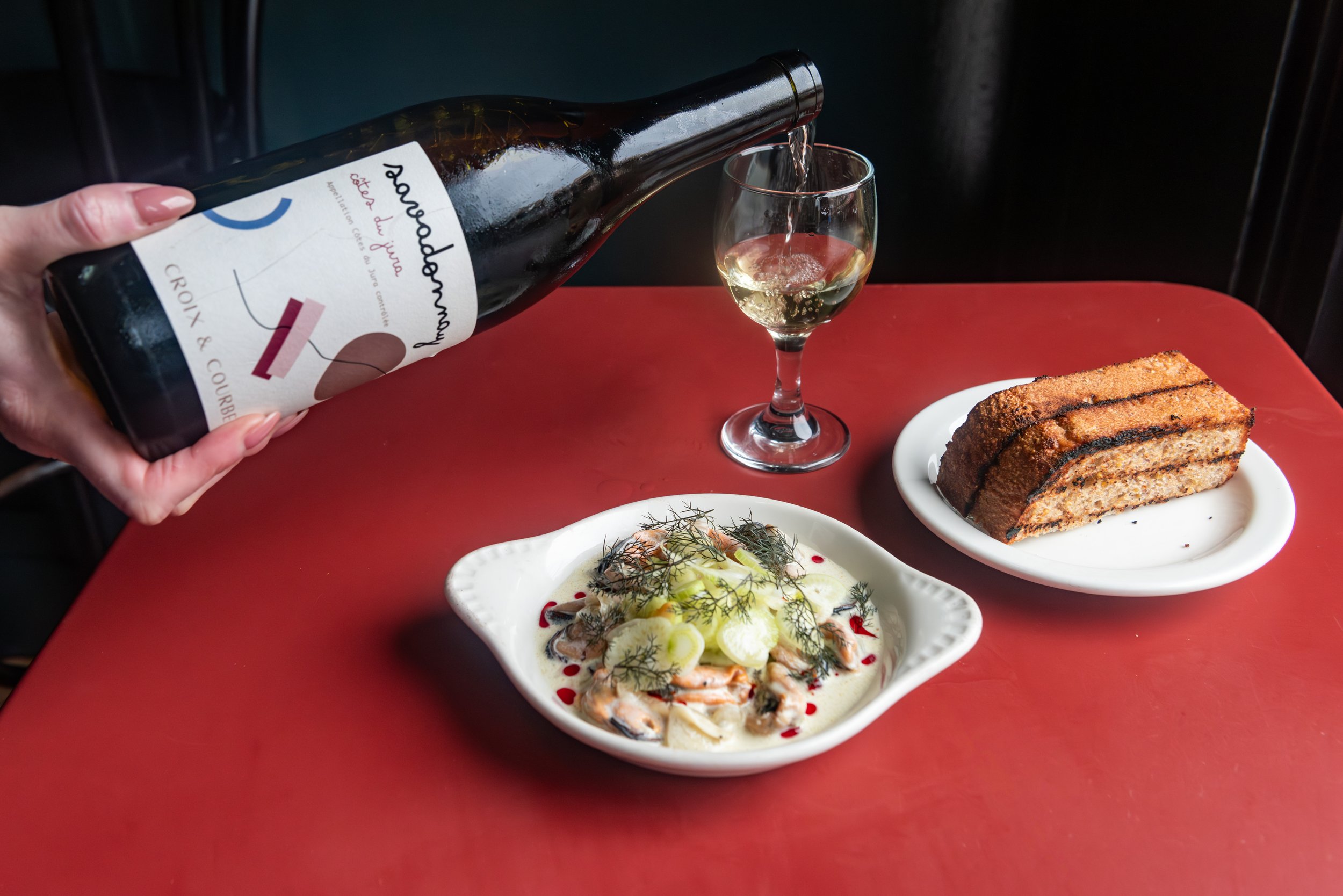
Tips on building a wine list that works for everyone from Sommelier Thibaut Idenn of Alla Vita and Boka